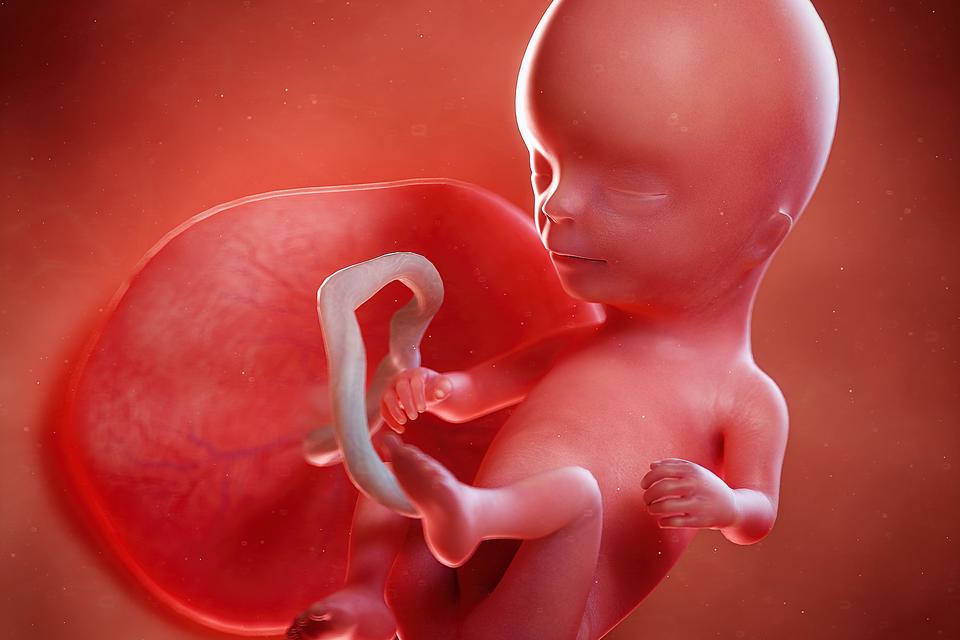Miscarriages used to be something people just didn’t talk about very much, but this is changing slowly. The fact is that miscarriages are not as uncommon as some would like to think.
Because of this, it is key for all women and men to understand everything they can about miscarriages. Understanding this issue will take away the fear and misconceptions that many have about miscarriages.
We’ll look at everything from what a miscarriage is to the chance of having one after heartbeat development. Hopefully, the info below will give you a good foundation for understanding miscarriages better.

Miscarriage? What Is It?
A miscarriage is a very emotional time in a woman’s life, and there are many different types that exist. In its purest explanation, it is a term used when a woman loses a baby before the 20-week mark of the pregnancy.
However, that is a very basic understanding, as each of the types has different causes and complications. Here are a few of the types of miscarriages.
- Chemical. This type accounts for the largest percentage when it comes to miscarriages. This is when the embryo doesn’t attach to the wall.
- Missed. For this type of miscarriage, it is when the embryo dies but the body doesn’t get rid of the placental wall. It can only be detected through a checkup and an ultrasound.
There are other types, but these are the two most common. For now, let’s look at the signs that you should keep an eye out on.
Miscarriage Signs
You can only seek a physician’s consultation if you know that you have had a miscarriage, and this means understanding the symptoms. Here are some of the most common symptoms.
- Excessive bleeding
- Reduced pregnancy symptoms
- Cramping/pain
- Discolored discharge
- Loss of weight
- Contractions
If you find yourself experiencing one or more of these symptoms, you should immediately contact your doctor and set up an appointment. The faster you get to the doctor, the better it is for your health.
Causes Of a Miscarriage
This loss can be extremely traumatic, and it is inevitable that there will be tons of questions bouncing around in your mind. The one that’s most often asked is “Why?”
There are actually quite a few things that can cause a miscarriage. Here are a few of those factors.
- Chromosomal issues account for over 50% of miscarriages. This is a situation where the sperm and egg have too many or too few chromosomes. This results in a non-viable embryo.
- Disorders that have to do with blood clotting, thyroid, or even diabetes can elevate the chance of a miscarriage.
- Uterine issues can also play a part in your risk of miscarriage. Things like a misshapen uterus or polyps can affect the viability of a pregnancy.
These are just some of the causes. Now, let us answer one of the most common questions: can you miscarry after there is heartbeat development?
Heartbeat Development & Risk Of Miscarriage
What are the odds of miscarrying after the baby has developed a heartbeat? Typically between weeks 6 to 12, the heartbeat begins to develop. Once the pregnancy has gotten to this point, the percentage chance of having a miscarriage drops significantly.
In fact, most studies and research have this number coming in at about a 10% chance. This, of course, takes into account any medical conditions or other risk factors.
There are extenuating circumstances that can arise, but for the most part, once the child gets to this level of development, it is less likely to occur.

Summary
The risk of a miscarriage after the bay has developed a heartbeat is low but can be exacerbated by preexisting conditions. That is why, if you have any of these that could affect the pregnancy, it is advised to consult your physician as often as possible during the pregnancy.
A miscarriage is a physically and emotionally exhausting event. By understanding as much as possible about it, you may be able to relieve some of your fear and reduce your risks.







